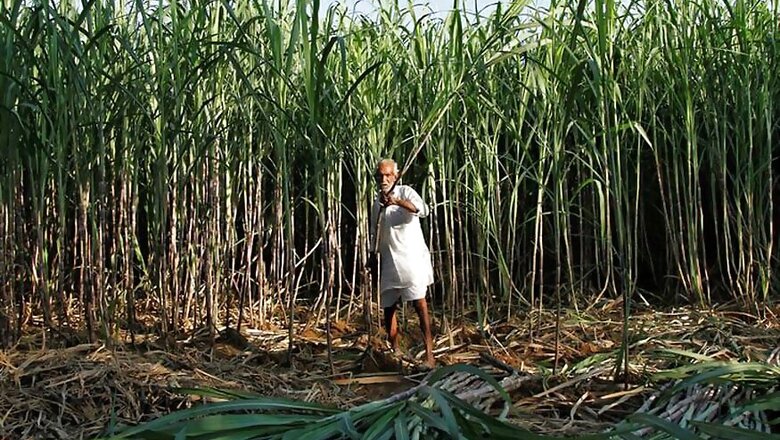
views
New Delhi: The Economic Survey 2018, prepared by Chief Economic Adviser (CEA) Arvind Subramanian and his team, restated the need to usher in direct income support in the farm sector instead of providing subsidies. The report finds that climate change may result in significant reduction of annual agricultural income.
The Survey had last year talked about the need to implement Universal Basic Income (UBI) but was quashed by policy makers stating the country is not yet ready for it.
“Minimising susceptibility to climate change requires drastically extending irrigation via efficient drip and sprinkler technologies (realising “more crop for every drop”), and replacing untargeted subsidies in power and fertilizer by direct income support,” said the report.
Along with other hurdles, the survey stated that climate change is a serious enemy for the agricultural income.
“Climate change could reduce annual agricultural incomes in the range of 15 percent to 18 percent on average, and up to 20 percent to 25 percent for unirrigated areas,” stated the survey.
The report added that unirrigated areas are more at risk of being degraded.
“(Climate change) impacts are significantly more adverse in unirrigated areas (and hence rainfed crops) compared to irrigated areas (and hence cereals),” said the report.
The Economic Survey defined unirrigated areas as districts where less than 50 percent of cropped area is irrigated.
“In a year where temperatures are 1 degree Celsius higher farmer incomes would fall by 6.2 percent during the kharif season and 6 percent during rabi in unirrigated districts. Similarly, in a year when rainfall levels were 100 millimetres less than average, farmer incomes would fall by 15 percent during kharif and by 7 percent during the rabi season,” stated the report.
Highlighting pain points of the farm sector over the last year, the economic survey stated, “The last few seasons have witnessed a problem of plenty: farm revenues declining for a number of crops despite increasing production and market prices falling below the Minimum Support Price (MSP).



















Comments
0 comment